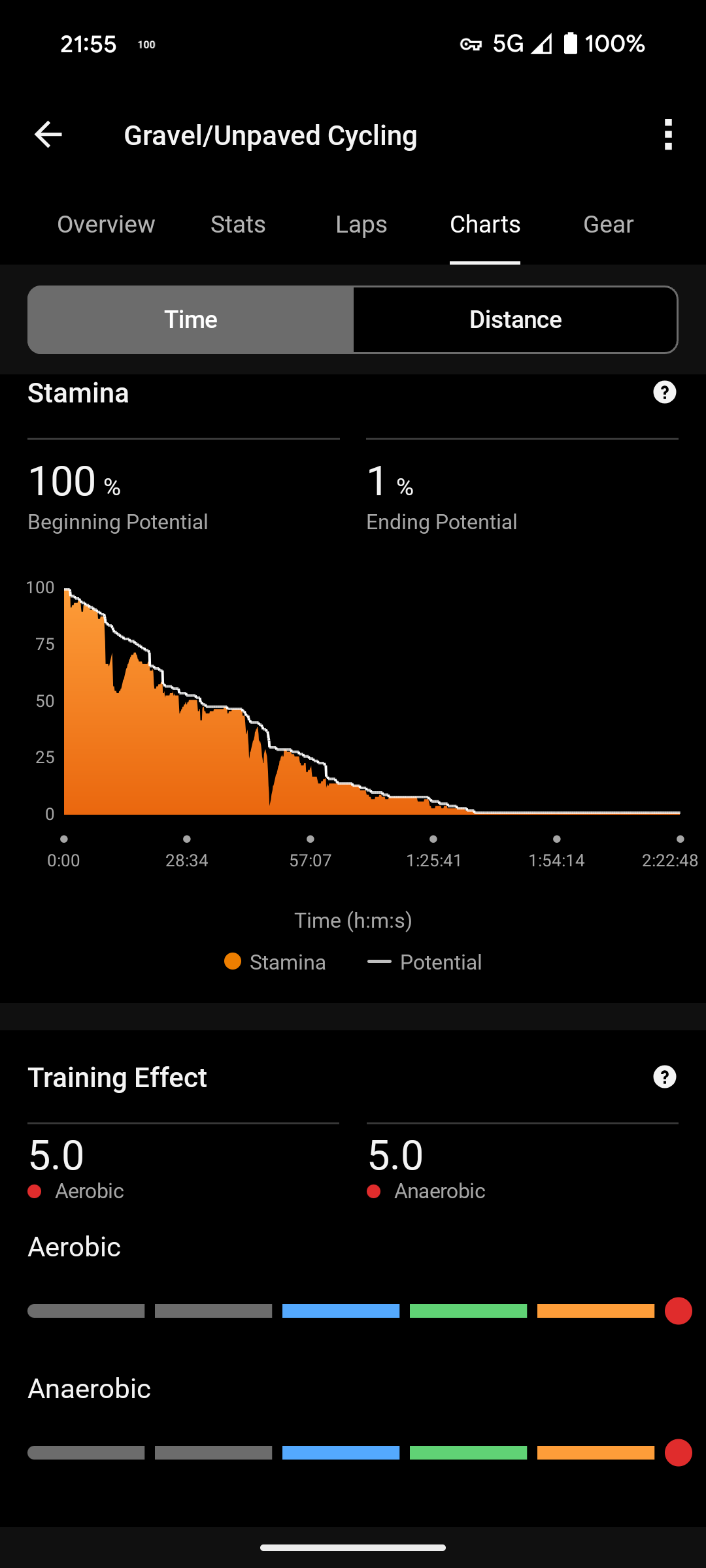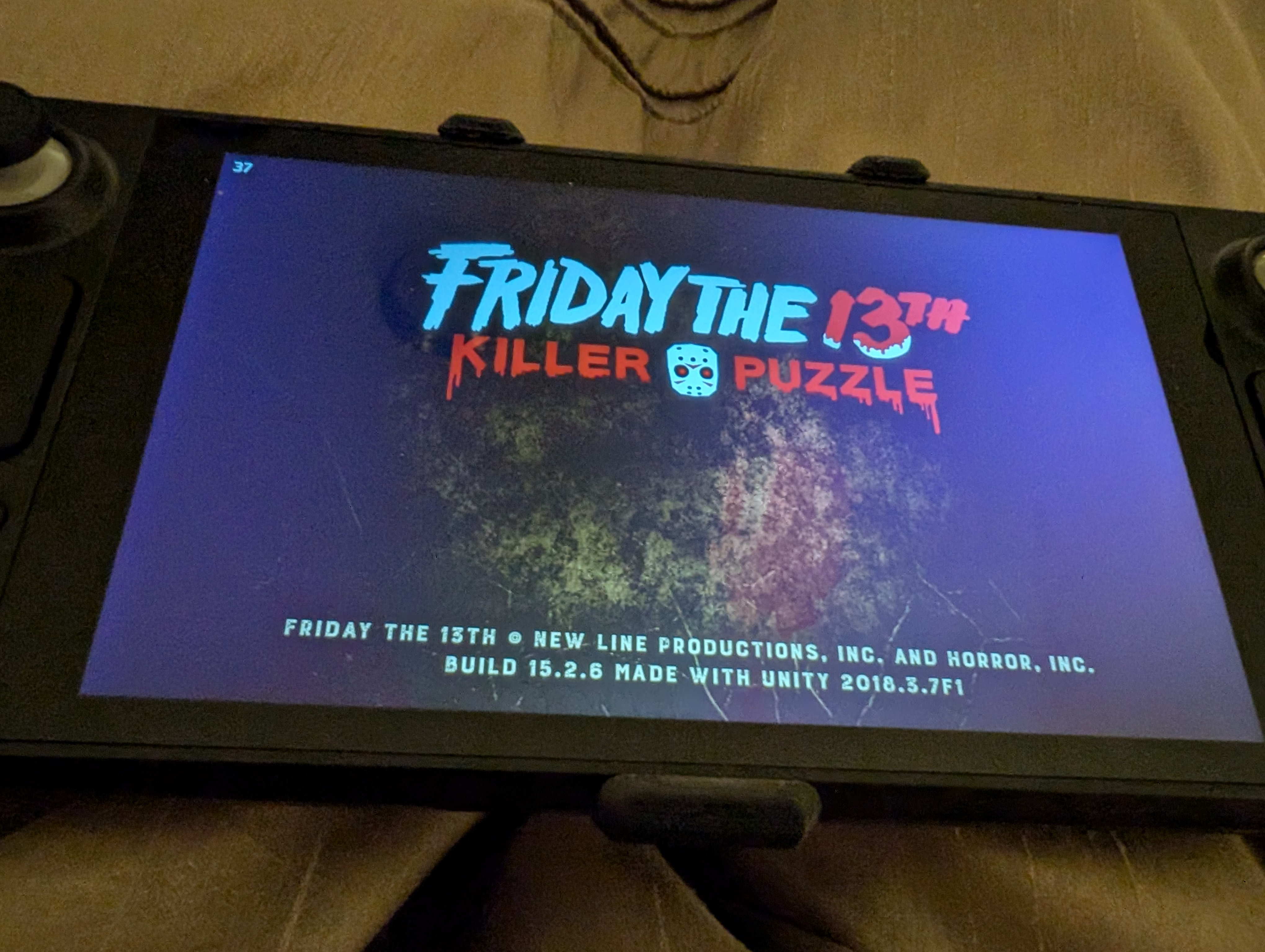ZFS is so.. So much better. In every single way. Change now before it's too late, learn and use the features as you go.
What's new is copying the Mexican president. He heard "cane sugar" in a chocolate bar announcement. Then talked to Coke about something they're already doing.
Chocolate bar in Mexico released with cane sugar a few days ago. Sigh...
I have a Pixel 8 and there is no Gemini app.. Guess I'm behind on updates?
My guess is it's because reviewing is advertisement, as he's making money off the review if he monetized the video.
Found the owner: https://github.com/searxng/searx-instances/issues/292
Privacy policy looks good: https://about.opnxng.com/privacy/
That being said, could still 100% be a honeypot. Trust nothing.
Where the Rasputin with Raspberry Pi hands?
Removed, not burnt out. The internet.
The fact that a shift manager can't say "you can be 30m late on deliveries, take it now" is infuriating.
I beleive the extra cut suggests overlap, not extra time. I.E. clip 1 running until 12:02 instead of 12, with clip 2 picking up at 12.
This happens during resets sometimes to ensure footage isn't lost. I.E. you start recording on a second ffmpeg process before you stop the first. The missing minute is the part that matters, and overlap makes it even more plausible that missing minute was removed.



Now start Rocket League and end up never playing another game for the next 4K hours.